The longer a birds sits, the chances of external pests increases significantly.
These pests can cause a wide range of problems for the hen such as discomfort and irritation, anemia, loss of body weight, decreased immune response (some mites can be responsible for introducing some diseases to the birds such as fowl pox and salmonella), and even death.
Body weight decreases significantly in nesting mother hens as their food intake is dramatically reduced.
Summer is mite season. Mite activity is reduced during winter.
It may be difficult to identify mites on a hen as mites can be very illusive at the best of times. Her comb will be paler in colour due to her long broody hatching time, which is commonly associated with anemia. Some hens are more prone to abandoning their eggs in the nest to dust bathe more frequently to control the mites.
Depending on the type of mites, some are more visible such as crawling over the eggs.
AVOID
NO Malaban Wash or Maldisan 50
NO Pestene powder
These chemicals are too strong for chicks
PREVENTION
- Keep the nesting boxes clean (daily)
- Replace the nesting box material (seasonally)
- Sprinkle Diatomaceous Earth (DE) or Pestene Pest Dust BENEATH the nesting materials*
- Clean the WHOLE shed (seasonally)
- Spray shed with Coopex
- PEST DUST THE POULTRY with Pestene (time it with worming, every 3 months)
NESTING BOX FOR HATCHING
- * Avoid using Pestene in nesting boxes that you intend to use for hatching with a broody hen.
This is because Pestene and DE is considered harmful for chicks to breathe in. - It is a little safer to pest dust the broody hen prior to her egg sitting to hatch.
- Sometimes, the nest that the hen chooses cannot be avoided and may already contain pest dust. Just ensure that the nesting materials are thick.
TREATING FOR MITES AFTER HATCHING
There is only one safe option to treat both mother hen and her chicks: IVERMECTIN.
- Ivermectin is a veterinary drug (but may be available through selected fodder stores)
- Application: Drops on the back of the neck (absorbed into the blood stream)
- Dosage for chicks may require the drug to be watered down (consult your vet for correct dosage according to weight)
Ivermectin has an egg withhold period, but mother hen will not be back to her normal laying until the chicks have gained maturity and have left mother hen's side.
Change the nesting material if you get a chance, as mother hen and chicks will get up to eat and drink occasionally.
Ivermectin treats all external parasites on poultry.

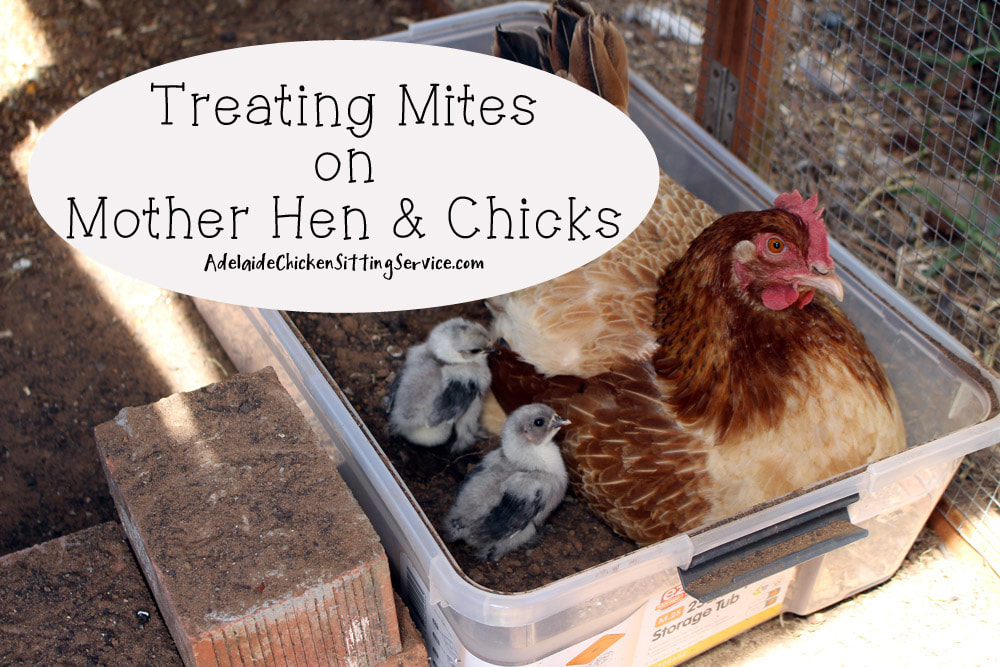
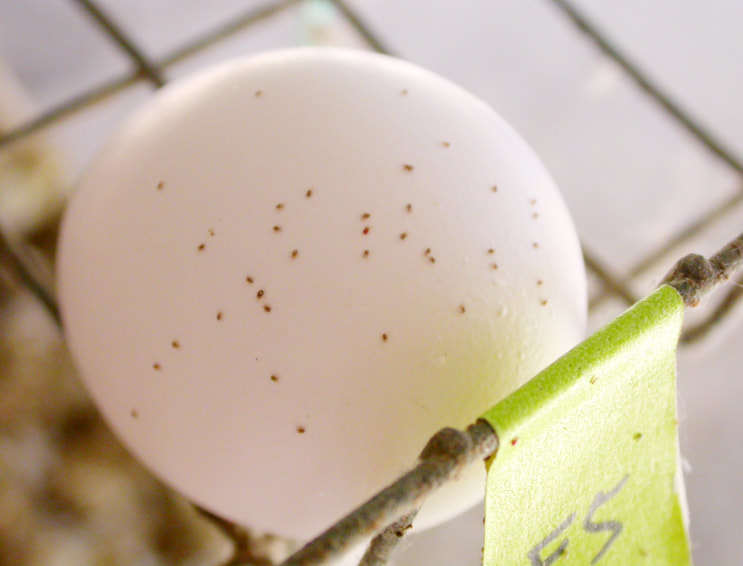
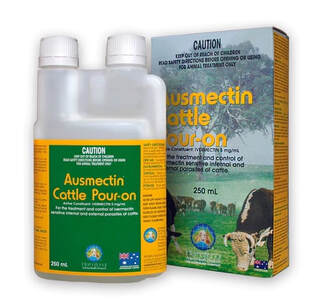

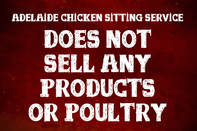
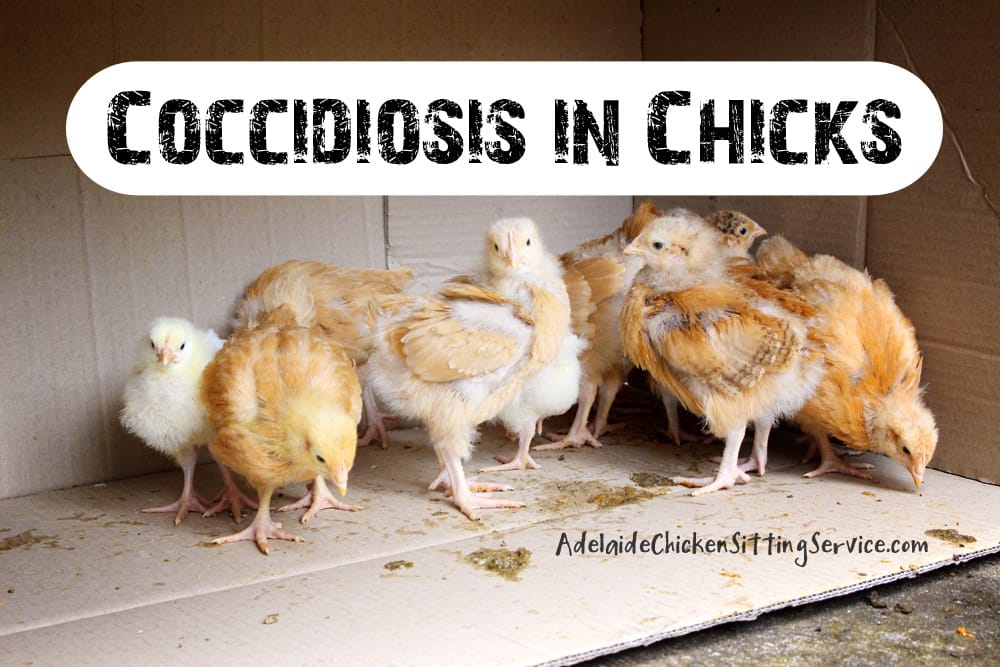
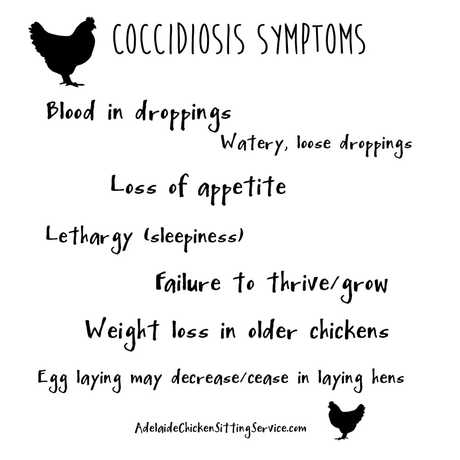
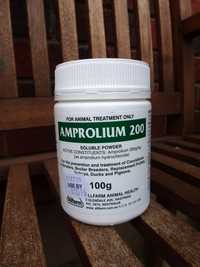
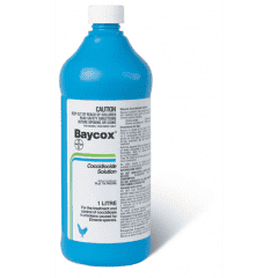
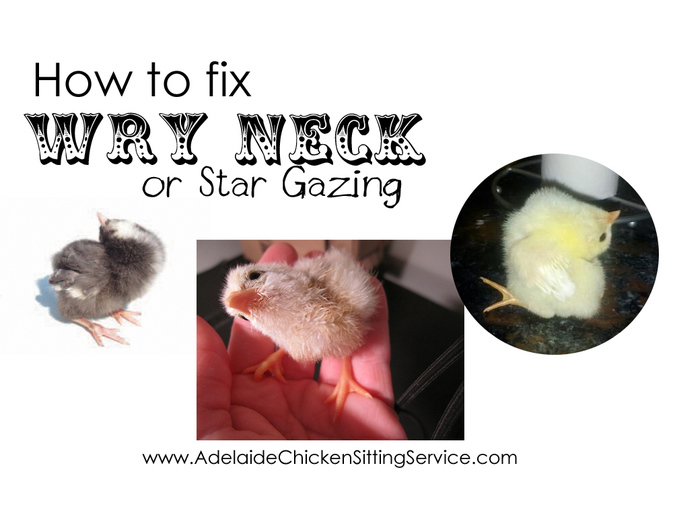
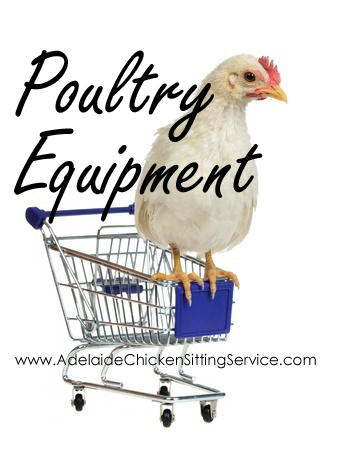



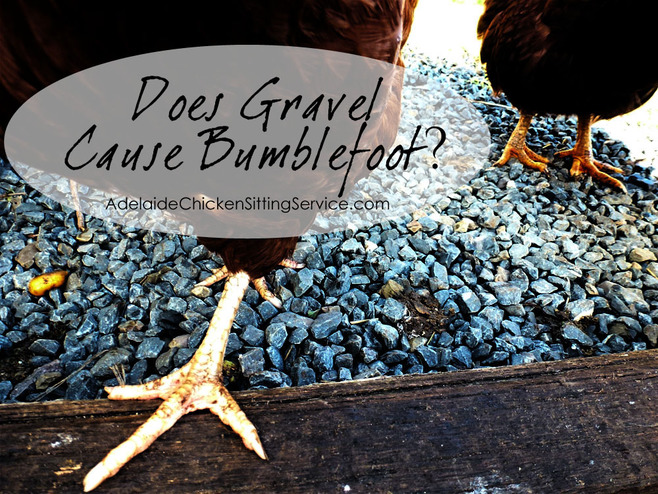
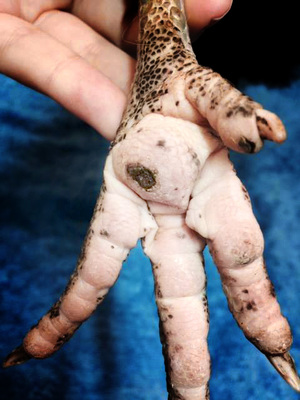
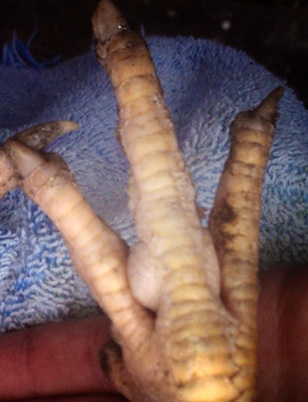
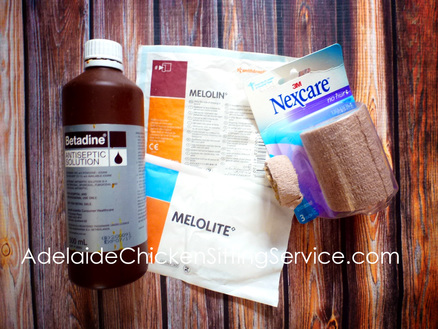
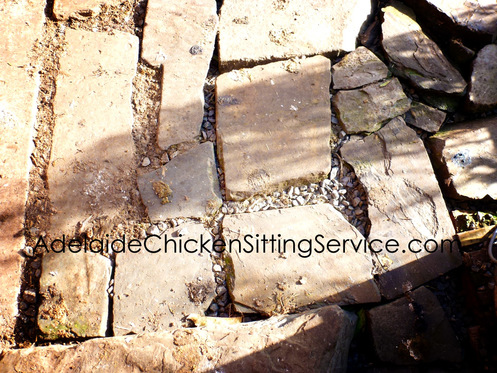
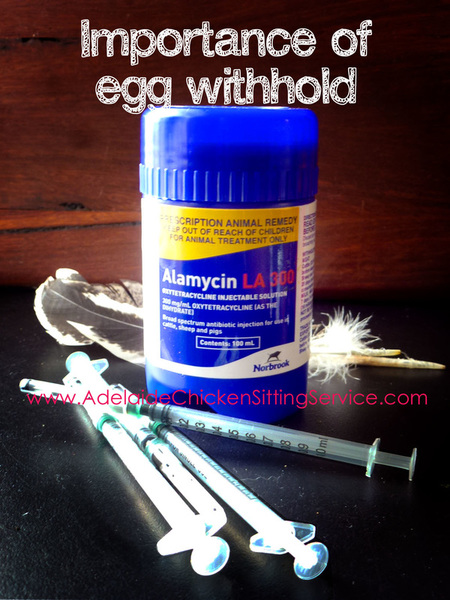
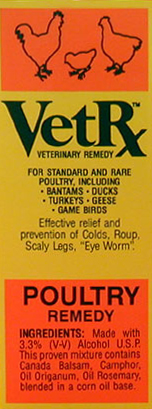

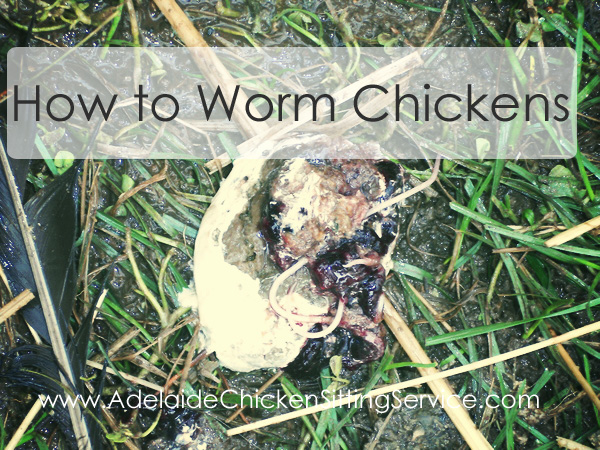
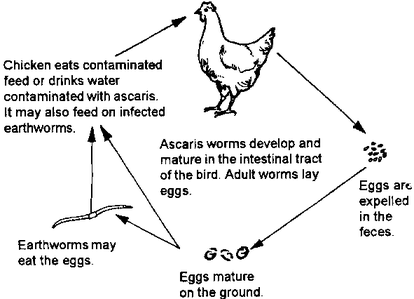
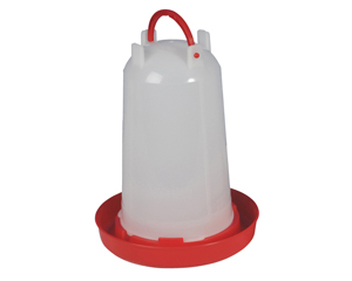
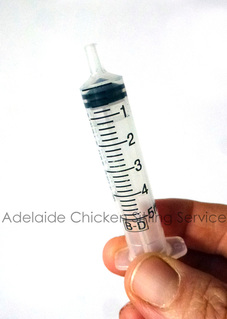
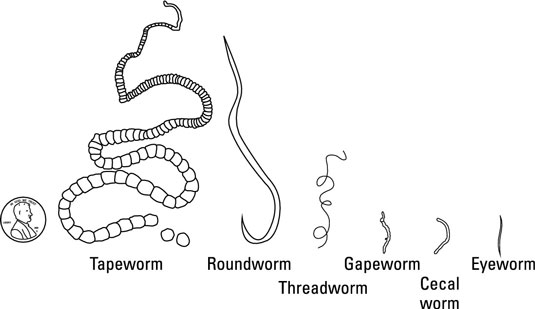
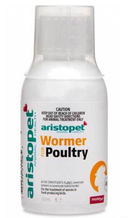
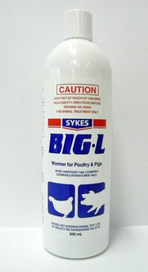
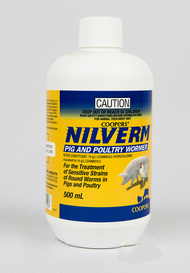
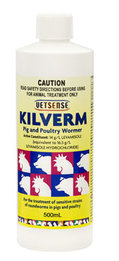
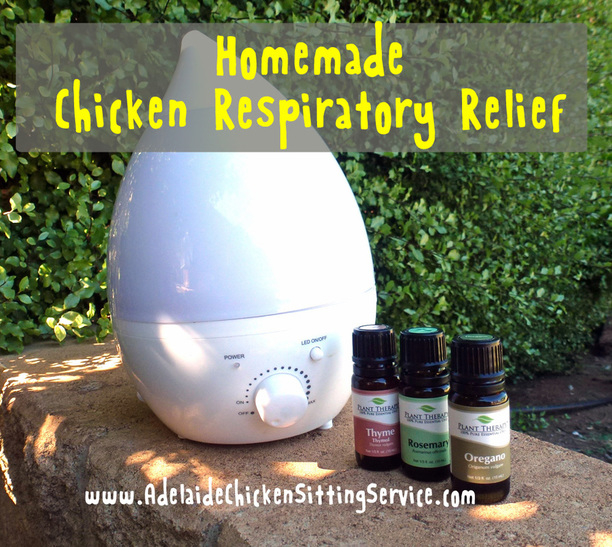
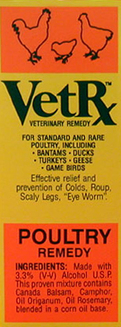
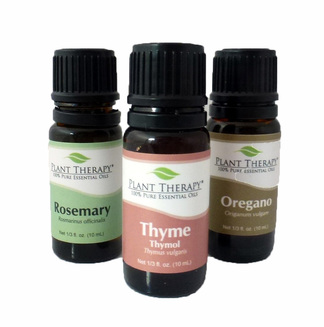
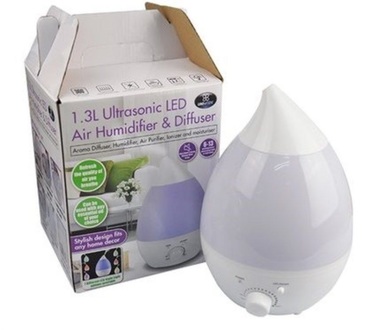

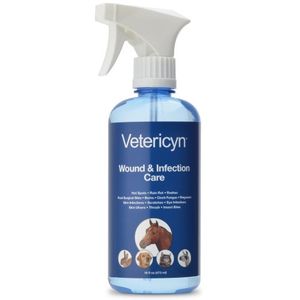

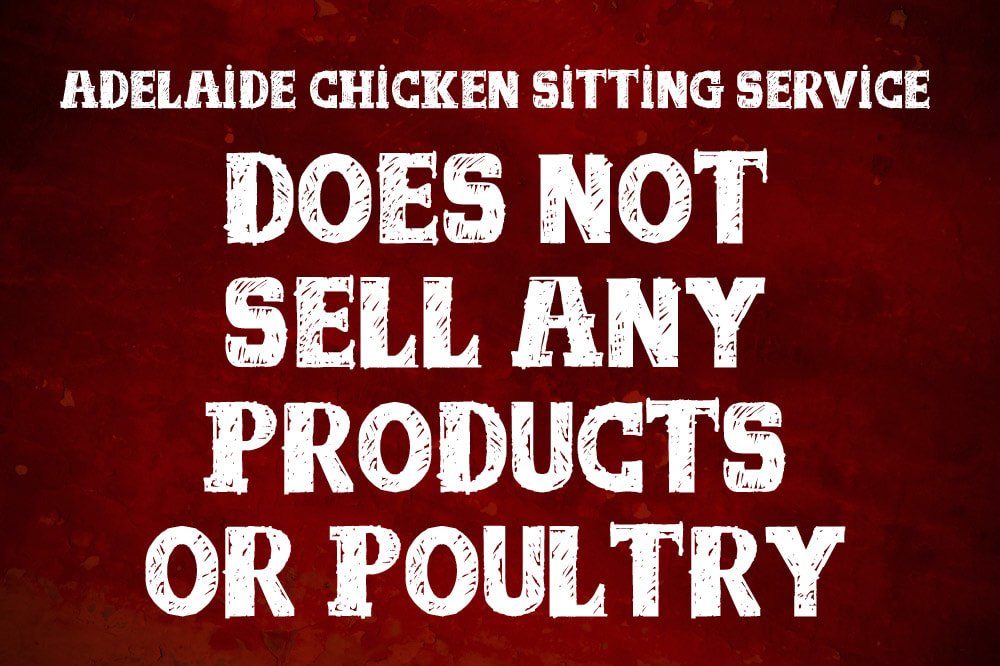
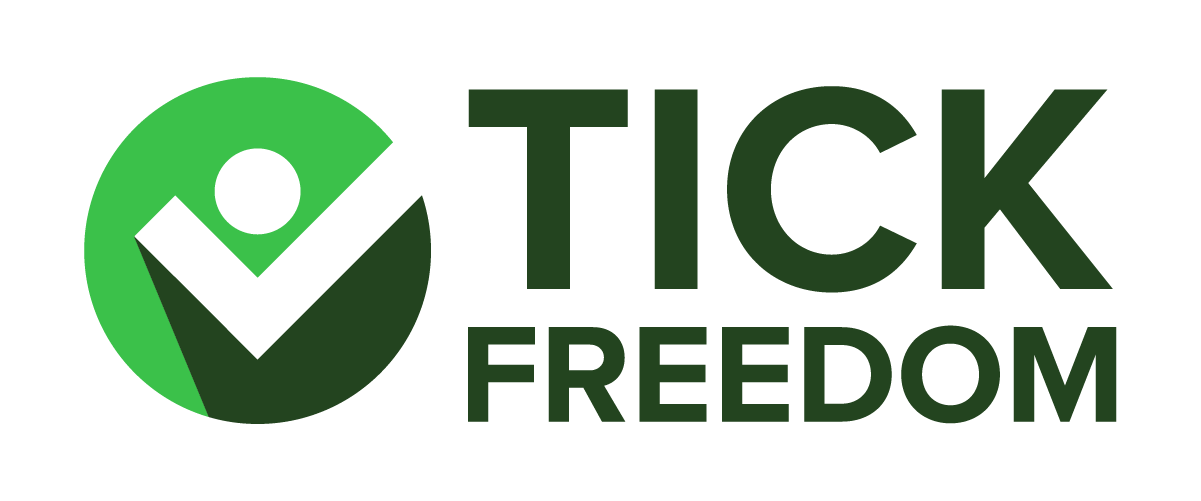
 RSS Feed
RSS Feed